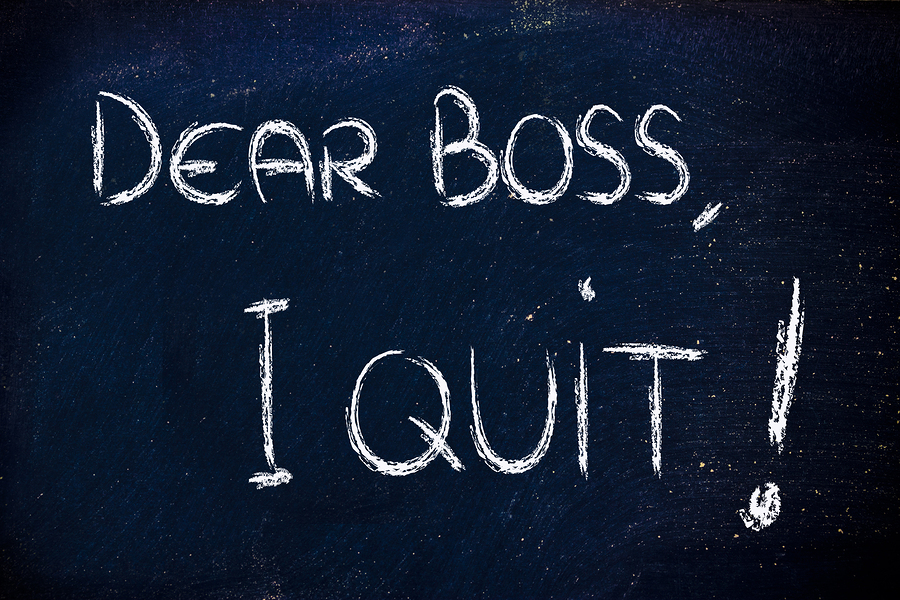Resignation Etiquette: 10 Practical Tips
You have just resigned from your job and the count-down begins. Most employment contracts will require you to serve at least one calendar month’s notice, sometimes more. Your resignation can bring about some awkwardness, especially when everyone officially becomes aware that you are on your way out. Your behaviour during the resignation period is important because this will be your lasting impression at that company and an ungraceful exit can overshadow a good reputation that you may have built during your tenure.
My recommendation to employees is to make an effort to resign and serve your notice gracefully, where possible. Leaving with your dignity intact can pay dividends in the future. Think of it as playing a long game in a world where professional relationships and networks are currency. Granted, it may not always be easy, especially if you are leaving discontented about the company, your boss or colleagues. Also, consider that work references are still a key factor in recruitment processes and going out “guns blazing” on your employer may impact future references (remember, even if they are not on your reference list, industry circles are often small and word can get around).

Here are 10 resignation etiquette tips to facilitate your honourable exit.
- Let your boss be the first person to know about your resignation. It may be tempting to tell your work BFF and other colleagues first, but you can not afford to have the news leak and get to your boss through the grapevine before you formally have the discussion with him or her.
- Serve your full notice. The professional thing to do is to serve your notice period in line with your contract. Do not leave your employer hanging or stranded due to your sudden and unceremonious departure. Exceptions are if your life and well-being are at risk or your employer offers to release you early.
- Avoid being a wet blanket. Do not spend your entire notice period being negative or trashing the company, especially if you are leaving under unhappy circumstances. Your colleagues still have to work there and may not appreciate you demoralising their stay.
- Do not go into “stay-cation mode”. Make efforts to avoid showing disengagement towards your work and doing the bare minimum. Do a thorough handover and put in your best effort until the last day.
- This is not an opportunity to settle scores. As tempting as it may be, avoid sending flaming emails to everyone you disliked or who “made your life miserable”. There may be temporary satisfaction that comes with giving people a piece of your mind ahead of your departure, but consider the long term effects. Word gets around and that is probably not how you want to be remembered or the reputation you want to create in the industry.
-
- Show gratitude. Send personalised “Thank You” emails to people that have been instrumental in your career during your tenure at the company. This is also an opportunity to solidify relationships after your exit.
- Share your future plans sparingly. It is acceptable to keep the details of your future plans vague or confidential. There is also no need to brag continuously about how you are going to a better company and continuously compare your new employer with your current one.
- Be prepared to start getting excluded from emails and meetings. During your notice period, your employer will most likely start weaning you off some key tasks or handing them over to others. So be ready for this and do not take it personally.
- Be diplomatic in your exit interview. If asked for feedback in the exit interview, be truthful but remain tactful. Let your criticism be constructive. For example, instead of saying “this place is sexist” rather frame it as “we could do more to increase gender diversity”. Exit interviews are often on record and will get back to line management. So be careful.
- Leave room to boomerang. If it does not work out where you are going, make sure that the door is open to returning in future, if its a company you may want to rejoin.
A dignified exit can ensure that in a world where professional networks are key, you continue to leverage your relationships with former employers, bosses and colleagues. This could be in the form of a good name in the industry, a good reference or even job and business opportunities in the future. The world is smaller than we realise and your reputation will have to carry you for years to come.




